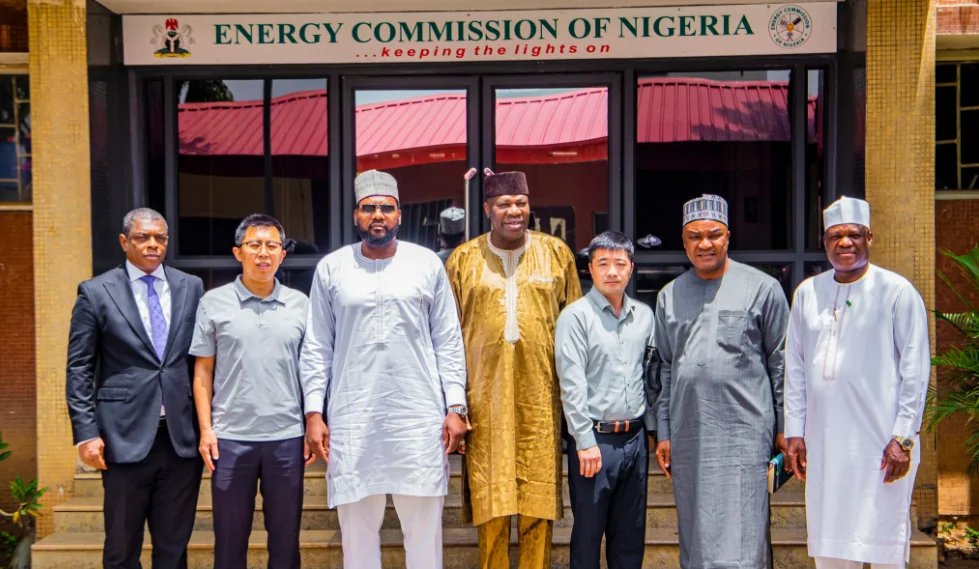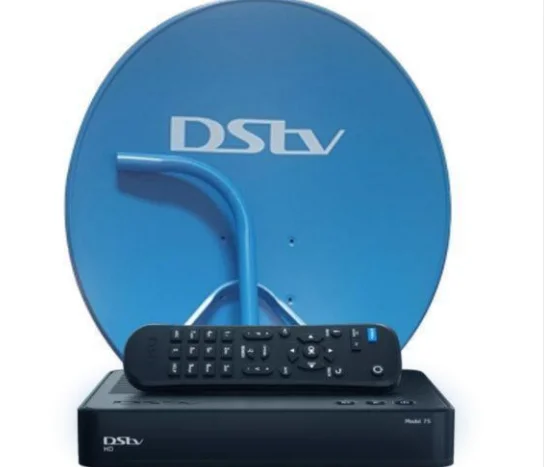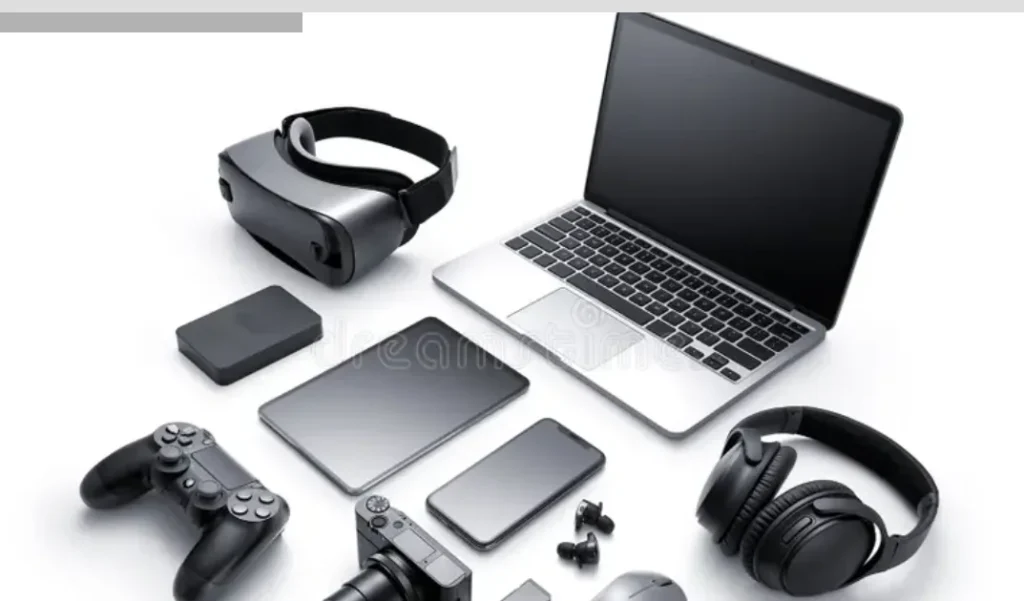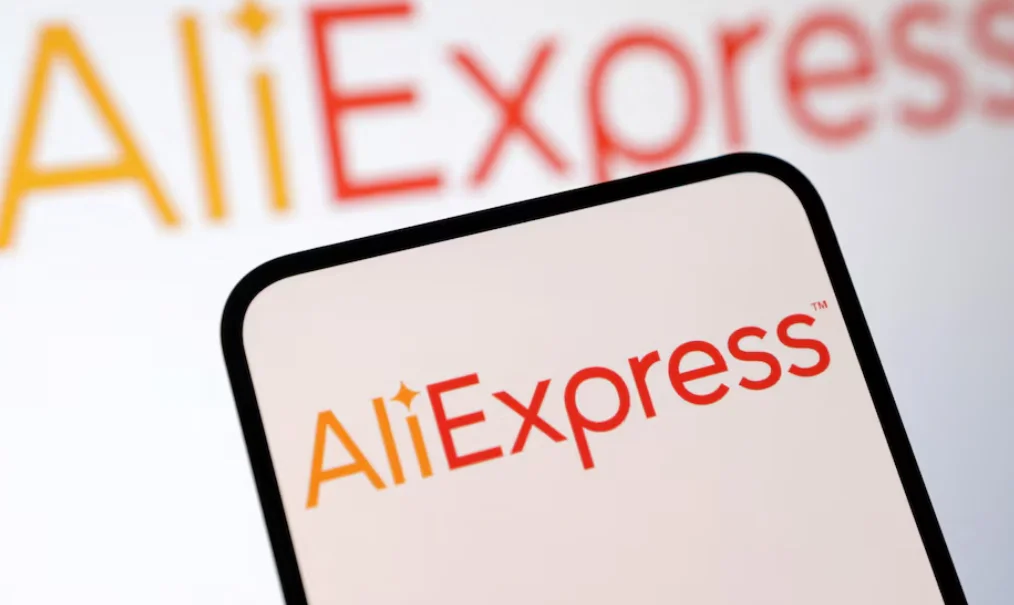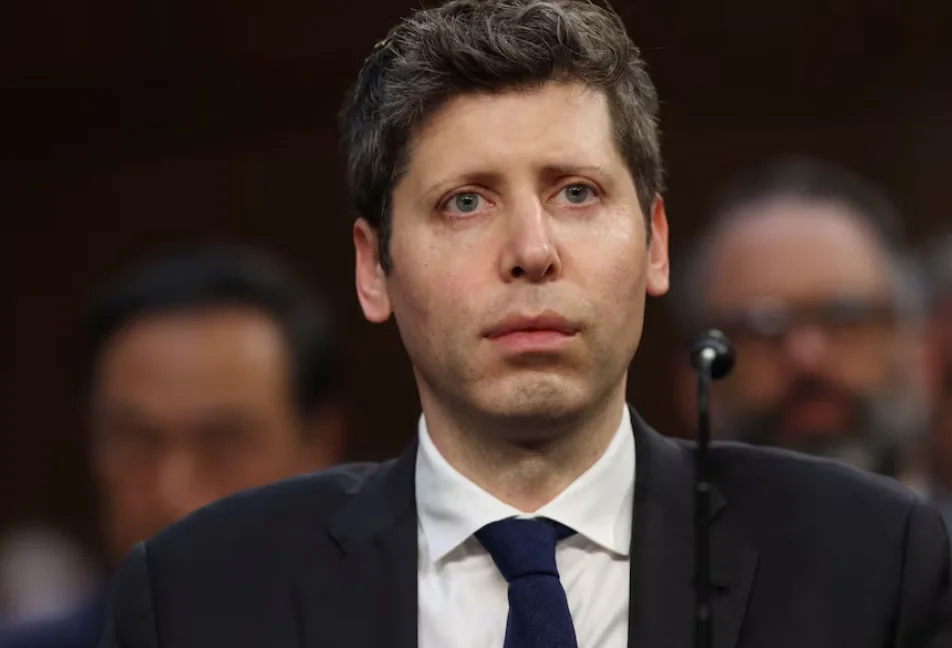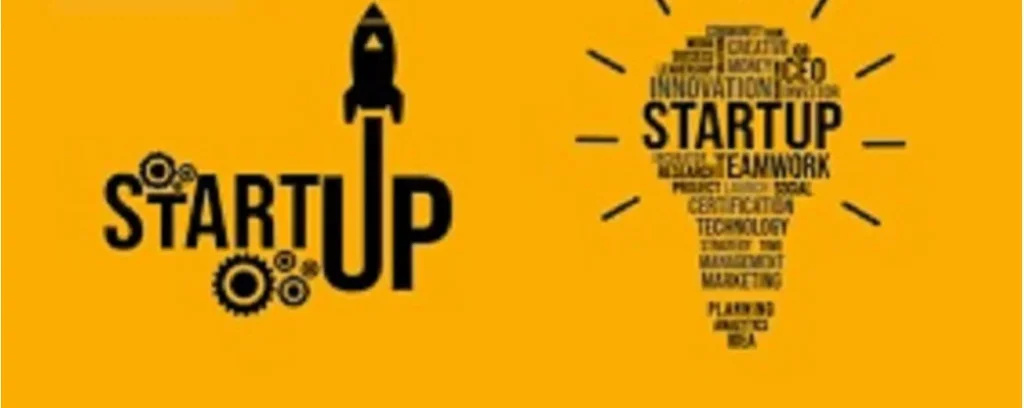FG Collaborates with China’s BAIC Motor to Introduce Battery Swapping for EVs
The Federal Government of Nigeria has initiated talks with BAIC Motor Corporation Limited, a leading Chinese automaker, to explore the integration of battery swap technology into Nigeria’s energy and transportation sectors. This effort is part of Nigeria’s broader plan to accelerate its sustainable energy transition under the Renewed Hope Agenda, which focuses on economic growth, environmental responsibility, and innovation.
The announcement was made via a post on X (formerly Twitter) by Dr. Mustapha Abdullahi, Director-General and CEO of the Energy Commission of Nigeria (ECN).
“I was pleased to host intermediary consultants from BAIC Motor Corporation at the Commission’s headquarters. Our discussions focused on introducing BAIC’s innovative battery swap technology,” Dr. Abdullahi stated.
The high-level meeting was attended by notable stakeholders, including
- Dr. Silas Agara – DG of the National Directorate of Employment (NDE)
- Ambassador Nicholas Agbo
- Mr. Madisah Haruna
- Mr. George Anuga (SAN)
- BAIC representatives Tan Jian Alex and Lv Haiming
Dr. Abdullahi emphasised ECN’s dedication to partnerships that foster sustainability, innovation, and clean energy solutions in Nigeria.
Battery Swapping: A Game-Changer for EV Charging
Battery swap technology is gaining global traction, particularly in China, where companies like Nio have built over 3,300 battery swap stations. Industry leader CATL has also partnered with Sinopec to expand a nationwide battery-swapping network, according to the BBC.
This model addresses a key challenge for EV adoption, long charging times, by allowing drivers to exchange depleted batteries for fully charged ones in minutes.
Nigeria’s Push for Green Mobility and Infrastructure
This new initiative complements Nigeria’s recent green energy efforts. In March 2025, the federal government approved ₦151.9 billion in funding for the rollout of electric buses, tricycles, and EV charging infrastructure across the northeast. The goal: lower carbon emissions, encourage sustainable transportation, and extend EV access to underserved communities.
Growing International Support for Nigeria’s Clean Energy Ambitions
Nigeria’s clean energy transition has garnered international support: The International Finance Corporation (IFC) and the Canadian Government jointly invested $5 million in Husk Nigeria to scale up solar hybrid mini grids in rural Northern Nigeria. In April 2025, South Korea’s Asia Economic Development Committee (AEDC) proposed a strategic alliance with Nigeria focused on
- Local solar equipment production
- Electric vehicle (EV) manufacturing
- Technology transfer and digital infrastructure development
If implemented effectively, these global partnerships could boost local manufacturing, reduce import dependency, and enhance Nigeria’s status in the global clean energy and e-mobility market.
The Nigerian government’s collaboration with BAIC Motor signals a strategic shift toward electric vehicle innovation and sustainable energy solutions. With global battery-swapping models showing success, this initiative could revolutionize Nigeria’s EV infrastructure while unlocking new opportunities in green manufacturing and clean tech investment

